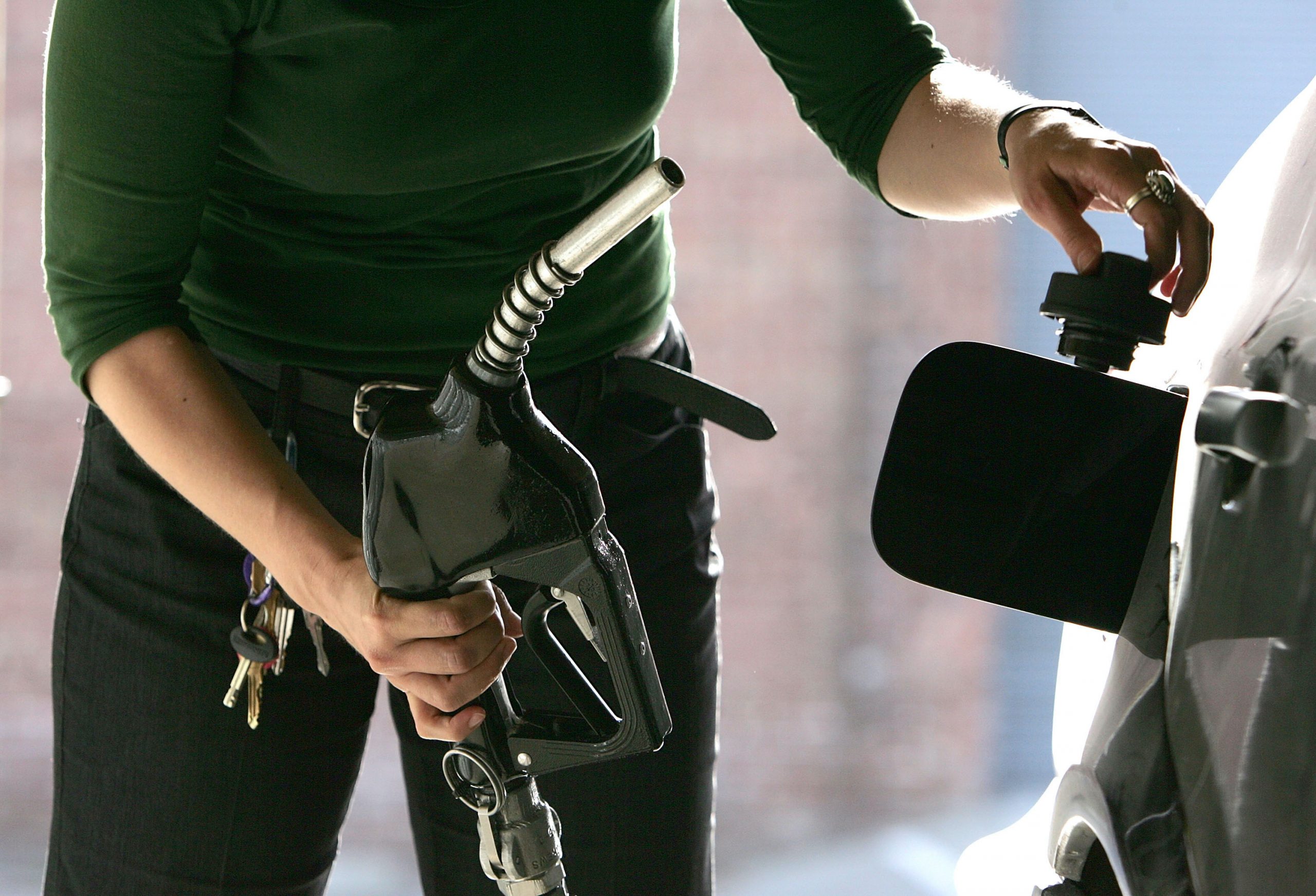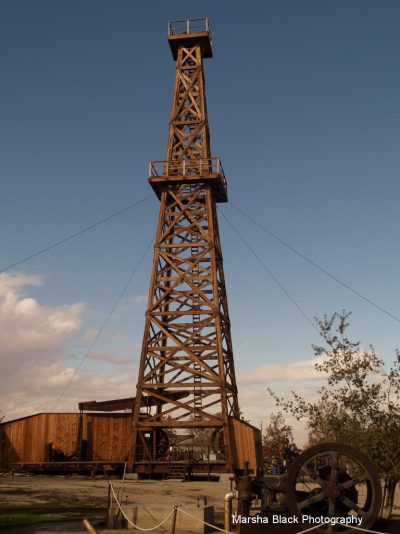Help Me #investigate#GasPrices: they're just a Simplification of a Complex System of #Slack | @Microsoft @investopedia
I describe 'the deep investigation needed to figure out the problem' in a discussion you can access through 'the emboldened link(s)' below; but first I want to teach you about those words. And I find you understand words better if you see 'the words at their base' (then going on to look at the words at those words' bases, then the words at those words' bases, etc.-etc. ad infinitum into their Foundation)
The word “Slack” (meaning in the base beneath "Arbiter," as the decision is made (according to 'Law(s),' sure) by a series of Arbiters) is built on ancient words that mean either "to be |Languid" or (as a word for Coal Dust) "Slag, Small Pieces Left after |Coal is Screened" (perhaps related to ancient words that mean "|Splinter |Flying-off when the Metal is Struck").
#SlackKey (Hawaiian ki ho'alu) #SlackWater #SlackHanded #SlackBaked #PickUpTheSlack #CutMeSomeSlack #Slacks (Loose Trousers, orig. Military) #Slacked #Slacking #Slacker #Slacken #SlackJawed #Slackly #Slackness
As I mention at the above-linked discussion, The Media likes to 'cite' "The Law of Supply & Demand" as gas-prices' "final authority" ... and--in many ways (both metaphorical and practical)--they're right.
But 'The Law of Supply & Demand' is more like 'a mathematical function used by each "link in the supply-chain (you could also call it the demand-chain, but that's only if you're looking at it from the suppliers' side)."' Each 'supplier' looks at ... well, I need to review what 'the Law of Supply & Demand' actually is; because I look at the situation as if everyone were taking 'only what they need,' where I think 'the Law' has them taking 'everything they can get!'
Reviewing the Basic Rules of the Marketplace: A product's price is set by the seller. If someone needs the seller's product, they will pay 'what the seller asks' to get it. If they-need that product but -find out another seller sells it for less, they will buy from the other seller; so every seller is encouraged to sell it at the lowest price they can (as long as they can recoup their cost and continue to survive on the profit).
To start with, I can simplify it to a few questions (just to figure out where to take the 'many more questions' we're sure to have ... which I mention in the discussion):
- Who are you (the driver) buying the gasoline from?
- Who are they buying it from?
- repeating that question up the supply-chain, until ...
- Who is producing the refined fuel?
- Who is bringing in the 'crude'?
The #LawOfSupplyAndDemand is actually the interaction of two Laws. The #LawOfDemand is that--at Higher Prices--buyers will 'demand' less of a product. The #LawOfSupply is that--at Higher Prices--sellers will 'supply' more of a product ... they say ...
But those two rules leave out A LOT. Maybe investopedia covers everything else on the page linked just-above, but I want to think-it-out here: it's not that buyers "demand less" when the prices are high, it's that they "can't get as much!"
And "Sellers supplying more when the prices are higher"? I guess I haven't been around long enough to see how that works! (Maybe you can give an example in the comments below or the discussion linked in the word-base.)
Sure, you'd like to sell more of a product that people are paying 'more' for; but you cannot sell a quantity you do not have!


Comments
Post a Comment
I appreciate your comment, and I'll probably approve it & publish it soon (give me about a week before you try to post it again when it doesn't publish immediately ... thanks)